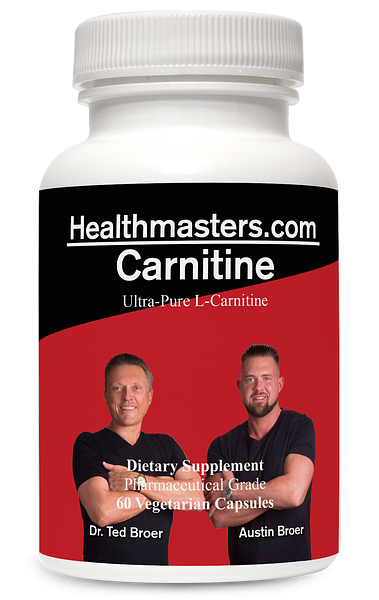⚡️ Supercharge Your Body with Carnitine! ⚡️
Take your health and fitness to the next level with Carnitine, the powerful nutrient that supports cardiovascular, neurological, and endocrine health, while also boosting your fat burning and energy generation! 🔥 Whether you’re looking to improve muscle recovery, enhance exercise performance, or support your body’s overall vitality, Carnitine is the key to unlocking your full potential!
Why You Need Carnitine:
✅ Boosts Fat Utilization & Energy – Carnitine is a master at converting fat into energy, helping you burn fat more efficiently and stay energized throughout the day. 🏋️♀️💥
✅ Supports Muscle Recovery – Feel less soreness and recover faster after exercise as Carnitine helps to speed up post-workout muscle recovery and reduce lactate production. 💪✨
✅ Enhances Exercise Performance – Improve endurance and muscle strength, while reducing muscle fatigue during low to moderate exercise. Push your limits like never before! 🚀
✅ Supports Heart & Brain Health – With its vital role in cardiovascular, neurological, and endocrine health, Carnitine keeps your heart and brain functioning at their peak. 🧠❤️
✅ Proven Results – Studies show Carnitine’s powerful benefits in fat metabolism, muscle function, and even lung support, making it an essential nutrient for overall wellness and performance! 🌱
Carnitine is your all-in-one solution for energy, fat loss, muscle recovery, and supporting your body's essential systems. Whether you’re an athlete or just looking to feel your best, Carnitine is your secret weapon! ⚡
👉 Don’t wait! Unlock your body’s full potential with Carnitine today and feel the difference in energy, performance, and recovery! 🌟💥






